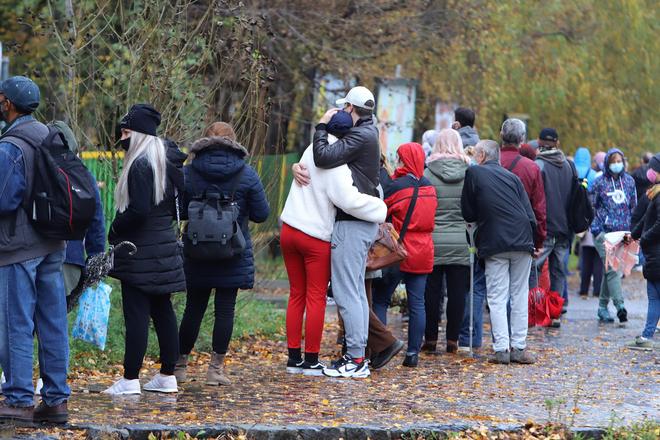Tensions that had built up in Slovak society over the pandemic in recent weeks appear to have been calmed following pioneering mass testing of the entire population for coronavirus last weekend, experts have told The Slovak Spectator.
But they say it may not remain that way, and that the entire exercise, which Prime Minister Igor Matovič has claimed was the first testing of a whole nation anywhere in the world, may not help authorities regain falling trust which will be crucial in tackling the pandemic.
The plan for the nationwide testing dominated news and public debate in Slovakia as soon as it was announced less than four weeks ago.

Some politicians compared it to the D-Day landings in WWII, highlighting the scale of the operation and its importance in the battle against Covid.
But many ordinary people expressed feelings of confusion – until just before the testing it was unclear where people would need to go to be tested and what the process would be – or fear of getting infected as they waited in long queues.
And while some people were glad to be given an opportunity to take a free test, many claimed that although the government declared attendance was voluntary, in reality it was anything but.
Critics pointed out that under government lockdown measure that accompanied the testing, anyone not participating would be forced to stay in their homes for ten days, even though there was no proof that they were infected.
“We are sorry we forced you to take this test,” Matovič said at a press conference on the first day of the nationwide testing on October 31. “But by forcing you, we wanted you to realise that freedom comes with responsibility, with responsibility towards people who rightfully want to protect their lives and health,” he added.



 Nationwide testing in Banská Bystrica (source: TASR)
Nationwide testing in Banská Bystrica (source: TASR)